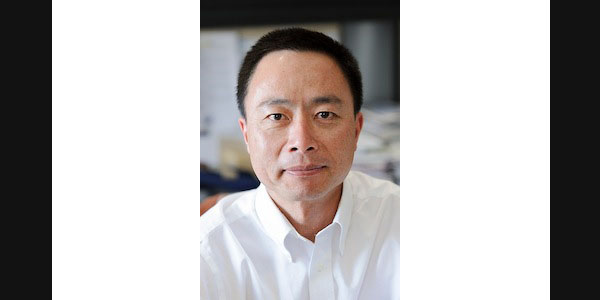
For years, scientists have used animals to imitate human diseases. Now scientists are using the induced pluripotent stem cell (iPS cell) that develops specialized cells as functional models of human illness, the University of Wisconsin announced today.
Directing iPS cells into specific neurons allows scientists to more accurately study diseases, including retinal diseases, gene mutations causing autism and brain regeneration after a stroke.
The technology to develop iPS cells into specific cells in the human body was pioneered by Su-Chun Zhang, a Waisman Center neuroscientist and iPS Core leader.
“Animals are small and incredibly helpful, but if we take the neurological disorders that the Waisman Center focuses on, including Parkinson’s, Huntington’s, retinal degeneration, ALS, spinal muscular dystrophy, Down syndrome and autism, animal models often do not precisely mimic what we see in patients,” Zhang said in a statement. “Now, we can not only direct iPS cells to become neurons, but also into very defined types of neurons that are involved in the diseases that most interest us.”
The Waisman Center combines treatment with clinical and basic research to address many of the most complex and disabling disorders of development.

